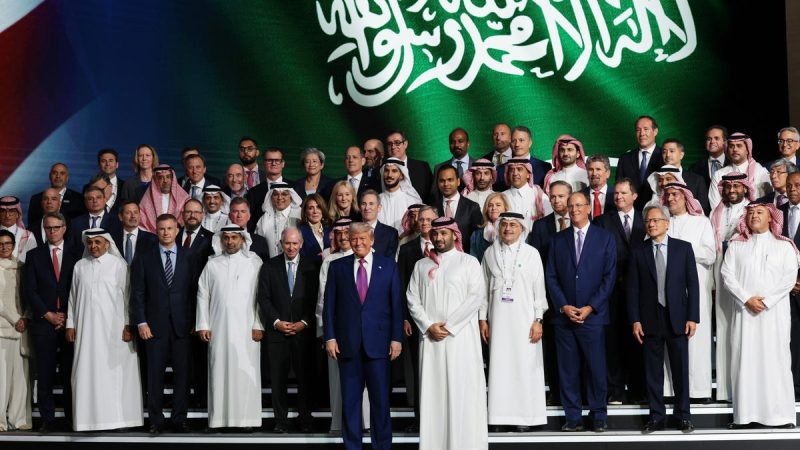
The global AI race is heating up, and the unexpected frontrunner might surprise you. While much attention has focused on the US-China rivalry, investment firm Wedbush is pointing to a new player: Saudi Arabia. Their prediction? A staggering $1 trillion opportunity in the Kingdom’s burgeoning AI sector. This bold forecast has sent ripples through Wall Street, notably boosting the stock price of Nvidia, a key player in the AI hardware market.
This isn’t just about a single company’s success, though. It signals a significant shift in the geopolitical landscape of artificial intelligence. Saudi Arabia’s ambitious Vision 2030 plan, aimed at diversifying its economy away from oil, is heavily reliant on technological advancements. AI is a cornerstone of this plan, with the government investing heavily in research, development, and infrastructure to support its growth.
The potential impact is enormous. A $1 trillion AI market in Saudi Arabia would create countless opportunities for both domestic and international companies. This includes not only hardware providers like Nvidia, but also software developers, data scientists, and a wide range of supporting businesses. It could also potentially lead to significant advancements in AI technology itself, as the Kingdom invests in cutting-edge research and development.
However, the situation is not without its complexities. Concerns about human rights and ethical considerations surrounding AI deployment in authoritarian regimes are valid and must be addressed. The successful integration of AI into Saudi society will require careful planning and a commitment to transparency and accountability. The long-term sustainability of such a massive investment also remains to be seen, dependent on factors like government policies, economic stability, and the global AI market itself.
In conclusion, Saudi Arabia’s ambitious AI push represents a significant development in the global tech landscape. While the $1 trillion figure is certainly ambitious, the potential for growth is undeniable. This development will undoubtedly reshape the AI landscape, creating both exciting opportunities and significant challenges in the years to come. The impact on companies like Nvidia, and indeed the global economy, is likely to be substantial and deserves close monitoring.










